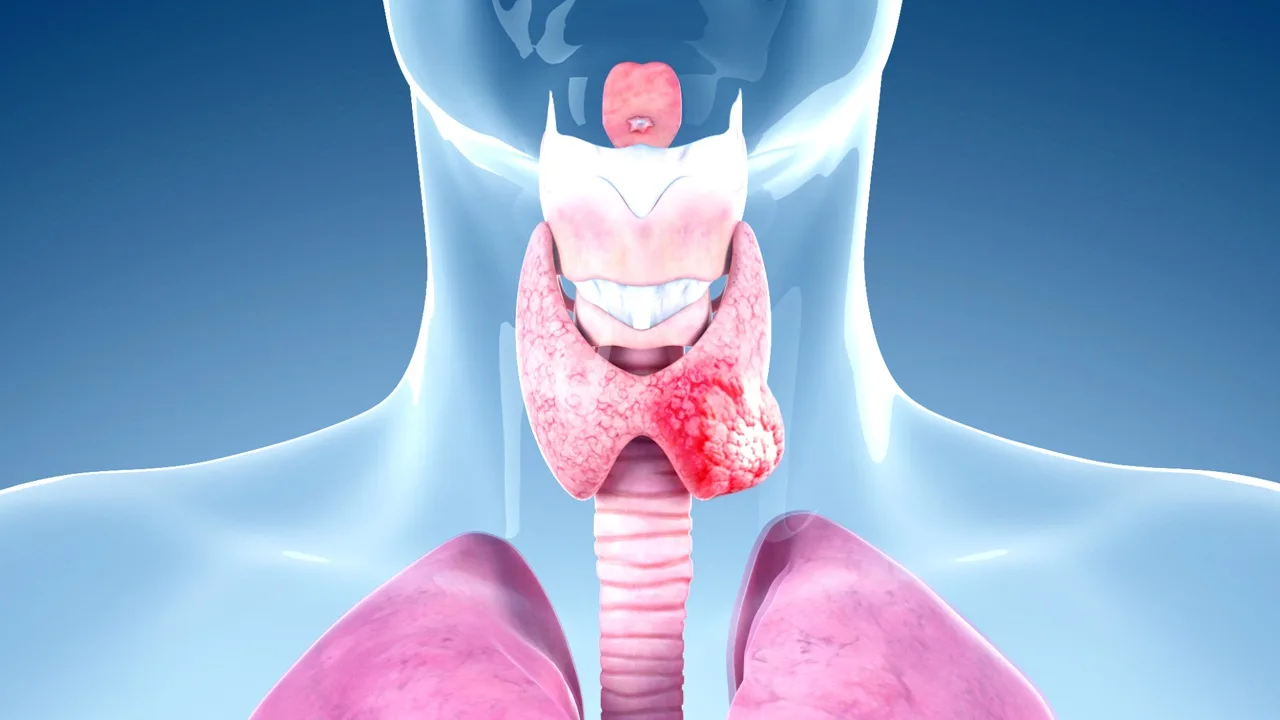Feeling sluggish, gaining weight inexplicably, or having trouble sleeping? These could be signs of a malfunctioning thyroid gland, a butterfly-shaped gland located in your neck that plays a vital role in regulating your metabolism. Let’s delve deeper into the world of the thyroid, understanding its function, common problems, and how to keep it healthy.
The Powerhouse of Metabolism
The thyroid gland is like the engine control unit of your car. It produces hormones, primarily triiodothyronine (T3) and thyroxine (T4), that govern how your body uses energy. These hormones influence almost every bodily function, from heart rate and digestion to mood and brain function.
When the Engine Sputters: Common Thyroid Disorders
There are two main culprits when it comes to thyroid problems: overproduction and underproduction of hormones.
- Hyperthyroidism: When your thyroid goes into overdrive, producing too much T3 and T4, you might experience weight loss, anxiety, heart palpitations, and difficulty sleeping.
- Hypothyroidism: Conversely, an underactive thyroid results in insufficient hormone production, leading to fatigue, weight gain, feeling cold, and dry skin.
Thyroid Trouble: Who’s Most at Risk?
While anyone can develop thyroid issues, certain factors increase the risk:
- Women: They’re more prone to thyroid disorders than men.
- Autoimmune diseases: Conditions like Hashimoto’s thyroiditis can attack the thyroid gland.
- Family history: If a close relative has thyroid problems, you’re at higher risk.
- Iodine deficiency: Iodine is crucial for thyroid hormone production.
Keeping Your Thyroid Happy and Healthy
Here’s some good news: with a proactive approach, you can support your thyroid health:
- Eat a balanced diet: Include plenty of fruits, vegetables, and whole grains to ensure essential nutrients reach your thyroid.
- Maintain a healthy weight: Excess weight can strain your thyroid function.
- Manage stress: Chronic stress can disrupt hormone balance, including thyroid hormones.
- Consider iodine supplementation: Consult your doctor to see if you need an iodine supplement.
- Schedule regular checkups: Get your thyroid function tested during routine doctor visits.
Table: Symptoms of Hyperthyroidism vs. Hypothyroidism
| Symptom | Hyperthyroidism | Hypothyroidism |
|---|---|---|
| Weight | Unexplained weight loss | Weight gain |
| Energy Level | Increased energy, restlessness | Fatigue, sluggishness |
| Body Temperature | Feeling hot, sweating | Feeling cold intolerance |
| Sleep | Difficulty sleeping | Excessive sleepiness |
| Mood | Anxiety, irritability | Depression, mood swings |
| Skin and Hair | Thinning hair, smooth skin | Dry skin, brittle hair |
Remember: This information is for educational purposes only and shouldn’t replace professional medical advice. If you suspect a thyroid problem, consult your doctor for proper diagnosis and treatment.
By understanding the thyroid and taking proactive steps to maintain its health, you can ensure your body’s engine runs smoothly, keeping you energized and feeling your best.



